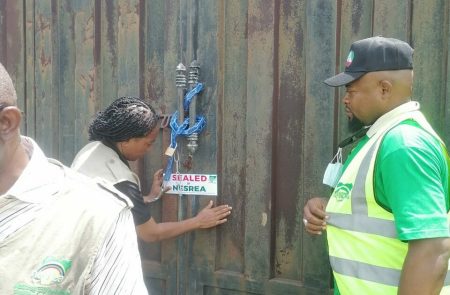The International Air Transport Association (IATA) has unveiled FuelIS, a cutting-edge analytics tool designed to empower airlines with data-driven insights to optimize fuel consumption, reduce operational costs, and minimize their environmental footprint. GOL and TAP Air Portugal have taken the lead as the first airlines to embrace this innovative solution, signaling a significant step towards industry-wide adoption of advanced fuel management strategies. FuelIS leverages a wealth of operational data contributed by over 220 airlines, enabling it to provide comprehensive benchmarking and analysis to identify potential areas for improvement in fuel efficiency. This collaborative approach strengthens the platform’s analytical capabilities and positions it as a valuable resource in the aviation industry’s collective pursuit of sustainable practices.
The adoption of FuelIS by GOL and TAP Air Portugal underscores the growing recognition of fuel management as a critical factor influencing both financial performance and environmental responsibility. Fuel costs typically represent a substantial portion of an airline’s operating expenses, often ranging from 25% to 30% depending on market fluctuations. By providing detailed insights into fuel consumption patterns, FuelIS allows airlines to identify operational inefficiencies, optimize flight routes, and adopt best practices that directly translate into cost savings. Furthermore, as the industry progresses towards decarbonization, the ability to accurately track and manage carbon emissions, which are inextricably linked to fuel consumption, becomes increasingly crucial. FuelIS equips airlines with the necessary tools to effectively monitor their carbon footprint and make informed decisions to minimize their environmental impact.
The IATA’s roadmap towards achieving net-zero carbon emissions by 2050 highlights the vital role of technological advancements and operational efficiencies in achieving this ambitious goal. These factors are projected to contribute approximately 10% of the required emissions reduction. FuelIS aligns perfectly with this objective by providing airlines with the data-driven insights necessary to optimize their operations and significantly reduce their fuel consumption, thereby contributing to the overall reduction in carbon emissions. The platform’s ability to benchmark performance against industry peers further incentivizes airlines to adopt best practices and strive for continuous improvement in fuel efficiency. This collective effort across the industry is essential to achieving the ambitious targets set forth in the IATA’s roadmap.
TAP Air Portugal, as an early adopter of FuelIS, has emphasized the strategic value of the tool in supporting their fuel management and sustainability objectives. Recognizing the significant impact of fuel costs on their financial performance, TAP Air Portugal views FuelIS as a crucial instrument in optimizing fuel consumption and minimizing expenses. Furthermore, the airline is committed to reducing its environmental footprint and sees FuelIS as an invaluable resource in supporting its decarbonization efforts. The platform provides the necessary data and insights to track progress, measure the effectiveness of implemented strategies, and make informed decisions to further reduce carbon emissions. The airline’s proactive adoption of FuelIS demonstrates its commitment to both financial sustainability and environmental responsibility.
GOL Airlines echoes TAP Air Portugal’s sentiments, highlighting the importance of data-driven fuel management in achieving cost savings and operational excellence. Recognizing fuel as a significant cost factor, GOL views FuelIS as a valuable tool in optimizing fuel consumption and gaining a competitive edge in the market. The platform’s ability to provide detailed insights into fuel usage patterns and benchmark performance against industry peers enables GOL to identify areas for improvement and implement best practices. By adopting FuelIS, GOL reinforces its commitment to continuous operational improvement, cost reduction, and enhanced efficiency. The airline’s proactive approach to fuel management underscores its dedication to achieving both financial and operational excellence.
The adoption of FuelIS by GOL and TAP Air Portugal signifies a significant step towards industry-wide adoption of advanced fuel management strategies. As more airlines recognize the value of data-driven insights in optimizing fuel consumption, reducing costs, and minimizing environmental impact, it is expected that FuelIS will become an essential tool for the aviation industry. The platform’s collaborative approach, leveraging data from over 220 airlines, strengthens its analytical capabilities and ensures its continued relevance in the ever-evolving landscape of the aviation industry. The collective efforts of airlines in adopting and utilizing FuelIS will contribute significantly to the achievement of the IATA’s ambitious net-zero carbon emissions target by 2050. The combined focus on financial sustainability and environmental responsibility positions the aviation industry for a more sustainable and prosperous future.













